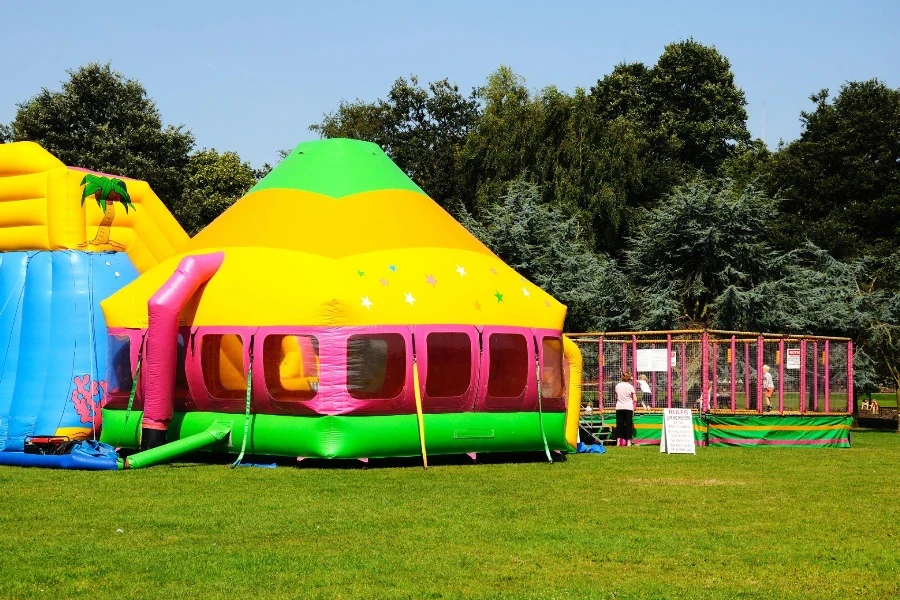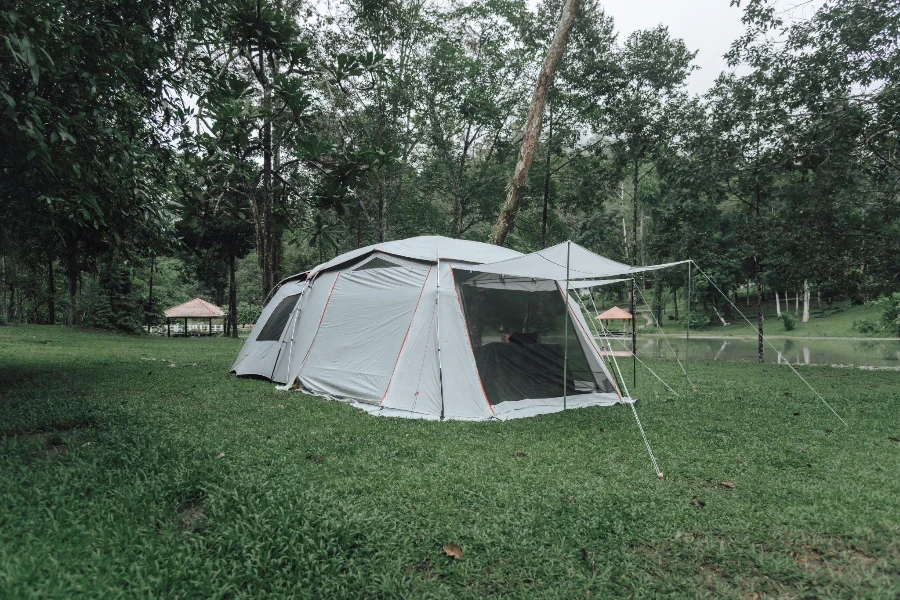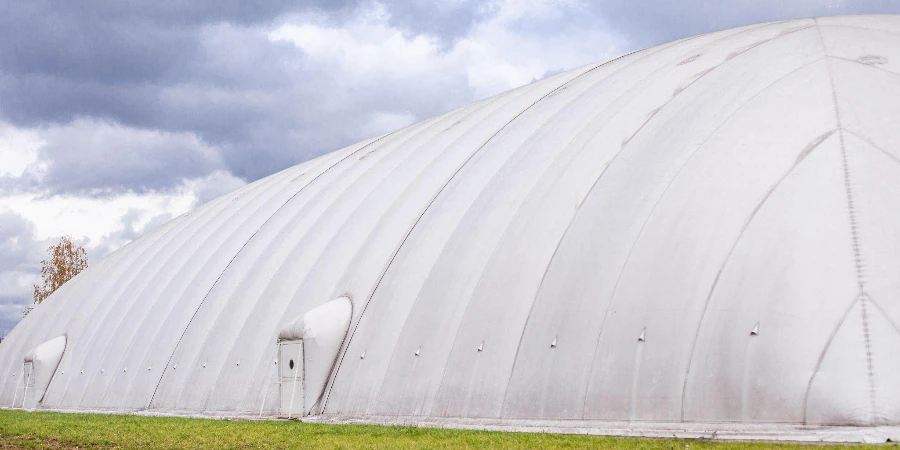In the realm of outdoor sports, the evolution of gear and equipment has always played a pivotal role in enhancing the experience of adventurers and athletes alike. Among these innovations, the inflatable tent stands out as a remarkable development, offering a blend of convenience, versatility, and durability. This article delves into the aspects of inflatable tents that users find most compelling, breaking down their benefits, technical specifications, and practical applications in a way that’s both informative and engaging.
Table of Contents:
– The ease of setup and portability
– Weather resistance and durability
– Versatility across different sports
– Technical specifications to consider
– The environmental impact of inflatable tents
The ease of setup and portability:

One of the most praised features of inflatable tents is their ease of setup. Gone are the days of fumbling with poles and instructions; these tents can be erected in minutes with minimal effort. This simplicity is not just a matter of convenience but also reduces the time spent on preparation, allowing more time for the actual sporting activity. Moreover, their portability is unparalleled. Being lightweight and compact when deflated, they can easily be transported to remote locations, making them ideal for a wide range of outdoor sports activities.
Weather resistance and durability:

Inflatable tents are designed to withstand a variety of weather conditions. Made from materials that offer both waterproof and UV protection, they provide a safe haven, whether under the scorching sun or during a downpour. The durability of these tents is further enhanced by their design; without rigid poles, they can flex in the wind, reducing the risk of damage during harsh weather. This resilience makes them a reliable choice for outdoor sports enthusiasts who face unpredictable conditions.
Versatility across different sports:

The adaptability of inflatable tents to different sports settings is another aspect that makes them highly valued. Whether it’s for a base camp during a mountain biking adventure, a shelter during a beach volleyball tournament, or a medical tent at a marathon, their applications are vast. This versatility is not just about the physical setting but also the ability to customize the tent for specific needs, such as adding partitions or adjusting the size, providing tailored solutions for various sports events.
Technical specifications to consider:

When choosing an inflatable tent, understanding the technical specifications is crucial. This includes the material, which affects both durability and weight, the inflation mechanism, which determines setup ease, and the design, which impacts weather resistance and space. For instance, tents made from high-denier fabric offer better durability and protection but may be heavier. Similarly, tents with advanced valve systems can be inflated more quickly and with less effort. These specifications are key to finding a tent that meets the specific needs of an outdoor sports activity.
The environmental impact of inflatable tents:

In today’s eco-conscious world, the environmental footprint of outdoor gear is a significant consideration. Inflatable tents, when made from eco-friendly materials and designed for longevity, represent a sustainable choice. They reduce the need for frequent replacements, thanks to their durability, and their lightweight nature minimizes the carbon footprint associated with transportation. Furthermore, by choosing tents that are recyclable or made from recycled materials, outdoor sports enthusiasts can enjoy their adventures with minimal environmental impact.
Conclusion:
Inflatable tents offer a blend of convenience, versatility, and durability that makes them a valuable asset in the world of outdoor sports. From their ease of setup and portability to their robust weather resistance and technical adaptability, they meet a wide range of needs. By considering the environmental impact and choosing tents based on technical specifications, sports enthusiasts can make informed decisions that enhance their outdoor experiences while minimizing their ecological footprint.




